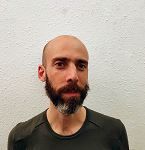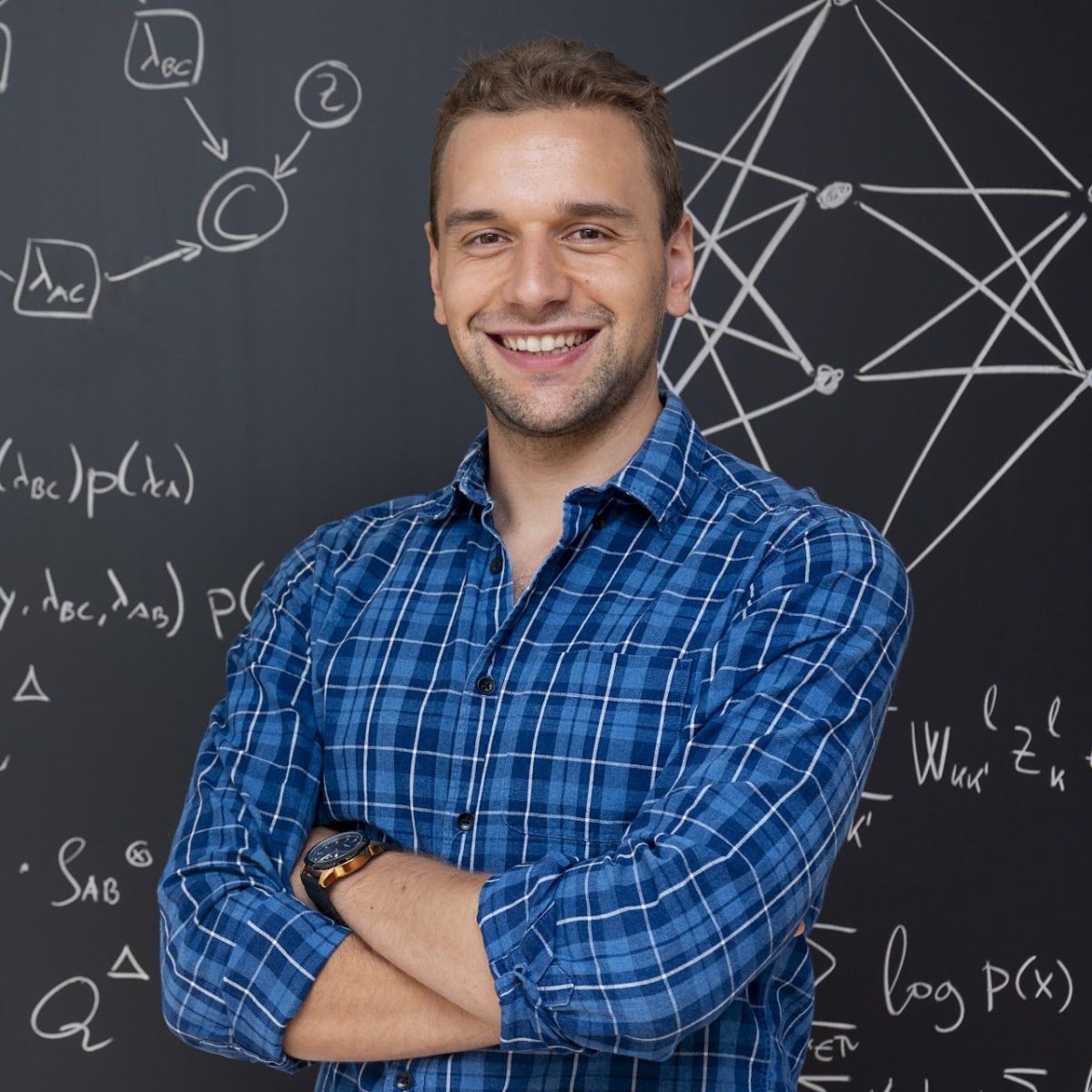Quantum-inspired methods: algorithms and applications
Speaker: Stefano Carignano (RECOGNISED RESEARCHER CASE-Quantic, BSC)
When: Thursday, July 10th at 11:00 am.
Where: Onsite at Galicia Supercomputing Centre, CESGA // Online https://rediris.zoom.us/j/94406080277 ID: 944 0608 0277
Abstract:
The rapid advancement of quantum hardware holds the promise to revolutionize the computing world, with technological breakthroughs that have led to the development of the first quantum devices with real-world applications.
At the same time, classical computing has also seen a transformation in recent years, with the emergence of quantum-inspired algorithms providing a framework for attacking exponentially large problems thanks to a clever compression of data, guided by physical intuition.
In this talk, I will review some of these applications, with a particular emphasis on tensor network algorithms, showcasing some recent results in this direction by the Quantic Group at the Barcelona Supercomputing center on the simulation of quantum systems, as well as applications to computational physics.
Quantum Machine Learning and number of qubits: from fault-tolerant, to NISQ, to quantum-inspired algorithms
Speaker: Alejandro Pozas-Kerstjens(Université de Genève)
When: Monday, July 14th at 11:00 am.
Where: Onsite at Galicia Supercomputing Centre, CESGA // Online https://rediris.zoom.us/j/94406080277 ID: 944 0608 0277
Abstract:
Quantum machine learning holds the promise of groundbreaking changes building on two transformative revolutions. Yet, and despite great advances in the last decade, whether practical quantum machine learning will be a reality remains to be clarified. In this talk I will review, using my own research, the opportunities and challenges of quantum machine learning, how they have evolved with time, and what is their current status. In particular, I will discuss fault-tolerant quantum algorithms for Bayesian training of neural networks, more realistic approaches using noisy quantum devices, and the use of quantum-inspired techniques for doing privacy-preserving machine learning.
Bio: Alejandro Pozas-Kerstjens obtained his Ph.D. (cum laude) in the Institute of Photonic Sciences (Barcelona), with the thesis “Quantum Information outside Quantum Information”. After that, he became a postdoctoral researcher of the Mathematics of Quantum Information group at the Institute of Mathematical Sciences (Madrid), and later an SNSF Postdoctoral Fellow at the University of Geneva. Dr. Pozas-Kerstjens’ interests span several fields, like relativistic quantum information, quantum nonlocality, and physics-inspired machine learning.

